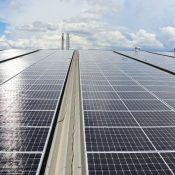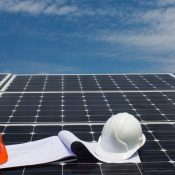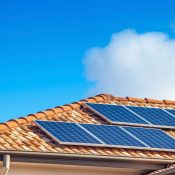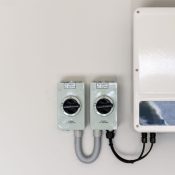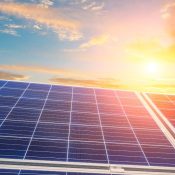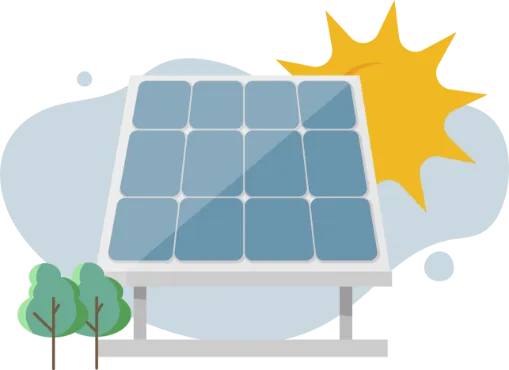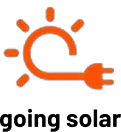Can a House Run on Solar Power Alone?
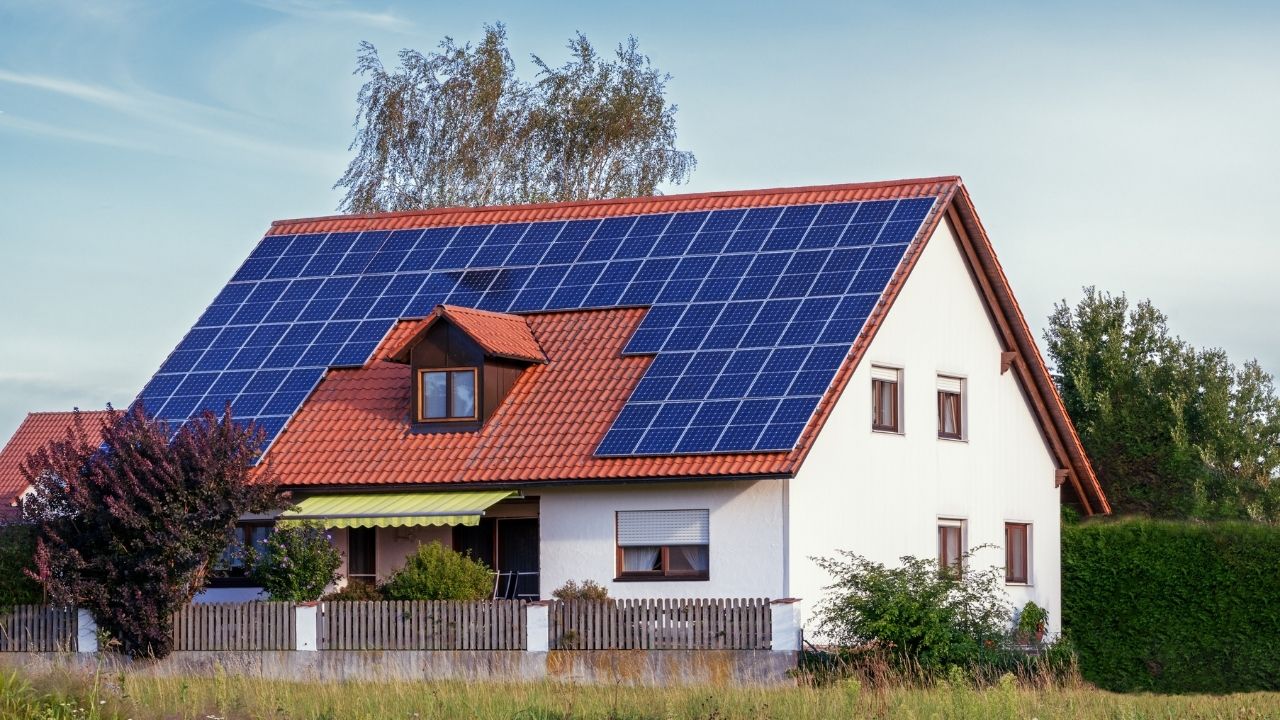
Are you wondering, “Can a house run on solar power alone?” As energy costs rise and the urgency of environmental conservation grows, this question becomes more and more relevant. Imagine harnessing the abundant, renewable energy of the sun to power your entire home, reducing your energy bills and contributing to a greener planet. With Going Solar, a leading solar panel installation company in Ireland, this can be more than just a dream. Read on to discover how you can turn this vision into a reality.
The Basics of Solar Power
To understand if a house can run on solar power alone, we first need to explore the basics of solar energy and how it can be transformed into electricity.
Solar Energy: An Abundant and Renewable Resource
The sun is a massive energy source, emitting enough power to meet the world’s energy demands multiple times. Solar power is a clean, renewable resource that can help reduce our reliance on fossil fuels and mitigate the effects of climate change.
Photovoltaic (PV) Solar Panels: Converting Sunlight into Electricity
PV solar panels are the most common type of solar technology. They work by capturing sunlight and converting it into electricity through a process known as the photovoltaic effect. This electricity can then be used to power your home, stored in batteries for later use, or fed back into the power grid.
Determining the Feasibility of Solar-Powered Homes
While solar energy holds significant potential, several factors need to be considered when determining if a house can run on solar power alone.
Factors Influencing Solar Power Potential
- Geographical location: The sunlight your location receives directly affects solar power generation. Solar power can still be a viable option even in a country like Ireland, which is not known for its sunny weather.
- Solar panel efficiency: The efficiency of your solar panels plays a significant role in determining how much electricity they can produce.
- System size: The size of your solar panel system must be adequate to meet your household’s energy demands.
- Energy storage: Energy storage solutions, such as batteries, are necessary for off-grid systems or to provide backup power during periods of low sunlight.
- Energy consumption: Your household’s energy usage patterns will impact how much electricity your solar system needs to produce.
What Does Going ‘Off-the-Grid’ Mean?
‘Off-the-grid’ living implies complete energy independence, where a house is not connected to the electricity grid and relies solely on alternative energy sources, such as solar power.
Grid-Tied vs Off-Grid Solar Systems
Solar power systems primarily fall into two categories: grid-tied and off-grid.
Grid-Tied Solar Power Systems
Grid-tied systems are connected to the local power grid, allowing you to use electricity from the grid when your solar system isn’t producing enough power. Sometimes, you can even sell excess electricity back to the grid. Grid-tied systems are more common, as they balance solar power generation and grid-supplied electricity.
Off-Grid Solar Power Systems
Off-grid systems are independent of the power grid, relying on solar power generation and battery storage to meet all energy needs. Off-grid systems typically require more significant investments in solar panels and energy storage solutions. However, they offer complete energy independence and are ideal for remote locations without grid access.
How Much Solar Power Do Electric Appliances Need to Run?
To determine if a house can run on solar power alone, it’s essential to break down the energy consumption of common household appliances. Here’s a glimpse into the annual energy requirements of some typical devices:
- Washing Machines consume around 250 kWh/year
- LCD TVs require approximately 180 kWh/year
- Dishwashers utilise about 650 kWh/year
- Kettles need close to 160 kWh/year
- Toasters consume nearly 110 kWh/year
- Hairdryers use roughly 185 kWh/year
- Computer Screens demand around 290 kWh/year
By understanding the energy consumption of your appliances, you can better assess your overall energy needs and determine the size and capacity of the solar panel system required to run your house on solar power alone.
How to make the most of solar panels?
You need to consider various factors to get the most out of your solar panels.
1) Optimal Panel Placement
Solar panels should be placed where they will receive maximum sunlight. In Ireland, this generally means facing south at an angle of 30-40 degrees.
2) Regular Maintenance
Regular cleaning and maintenance of your solar panels can significantly improve their efficiency and lifespan. This includes removing dust or debris and ensuring the panels are not shaded.
3) Energy Efficiency
Improving your home’s energy efficiency can help you get the most out of your solar panels. This can involve using energy-efficient appliances, improving insulation, and managing your energy use effectively.
4) The Role of Energy Storage
A good energy storage system is essential to maximise solar power usage. Batteries can store excess power produced during the day for use at night or during periods of low sunlight.
Benefits of Running Your Home on Solar Power
1) Energy Independence
One significant benefit of running your home on solar power is energy independence. You’ll no longer be subject to fluctuating energy prices or power outages. You’ll be generating your own electricity right at home.
2) Environmentally Friendly
Solar power is a clean, renewable source of energy. By switching to solar, you’ll reduce your carbon footprint and contribute to a healthier planet.
3) Financial Savings
Although there’s an upfront cost to installing a solar power system, the long-term savings are significant. Over time, the cost of the system will be offset by the savings on your energy bills. Moreover, various government grants and incentives in Ireland exist for homeowners who install solar panels.
Join the Solar Revolution with Going Solar
So, can a house run on solar power alone? The answer is a resounding yes! With the right system, carefully planned and installed by experienced professionals like Going Solar, you can harness the power of the sun to meet your energy needs. Are you ready to explore the potential of solar power for your home? Get in touch with Going Solar today for a free energy audit. Our team of experts will guide you through every step of the process, helping you switch to a sustainable, energy-efficient future. Let’s embrace the power of the sun together!
Planning a switch to solar energy?
Contact Going Solar now and Get Free Advice & Quote Within Minutes!
Frequently Asked Questions
Contact Going Solar Now!
Joe Brennan
Founder @ Going Solar
Joe Brennan, the founder of Going Solar, is dedicated to making solar power mainstream in Ireland and meet SEAI objectives. With a focus on affordability and sustainability, he is bringing renewable energy solutions to homes, reducing costs & environmental impact.
Recent Posts

